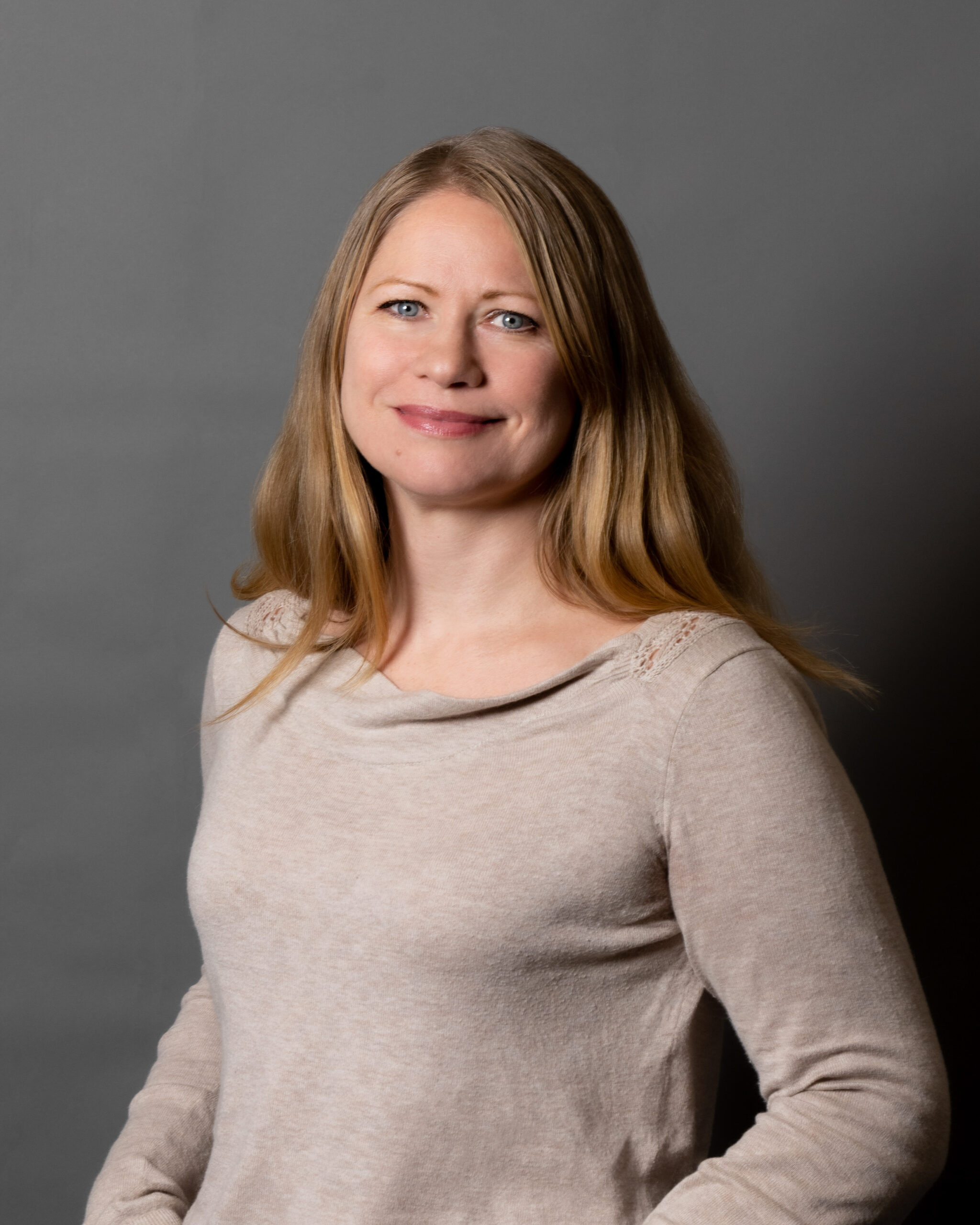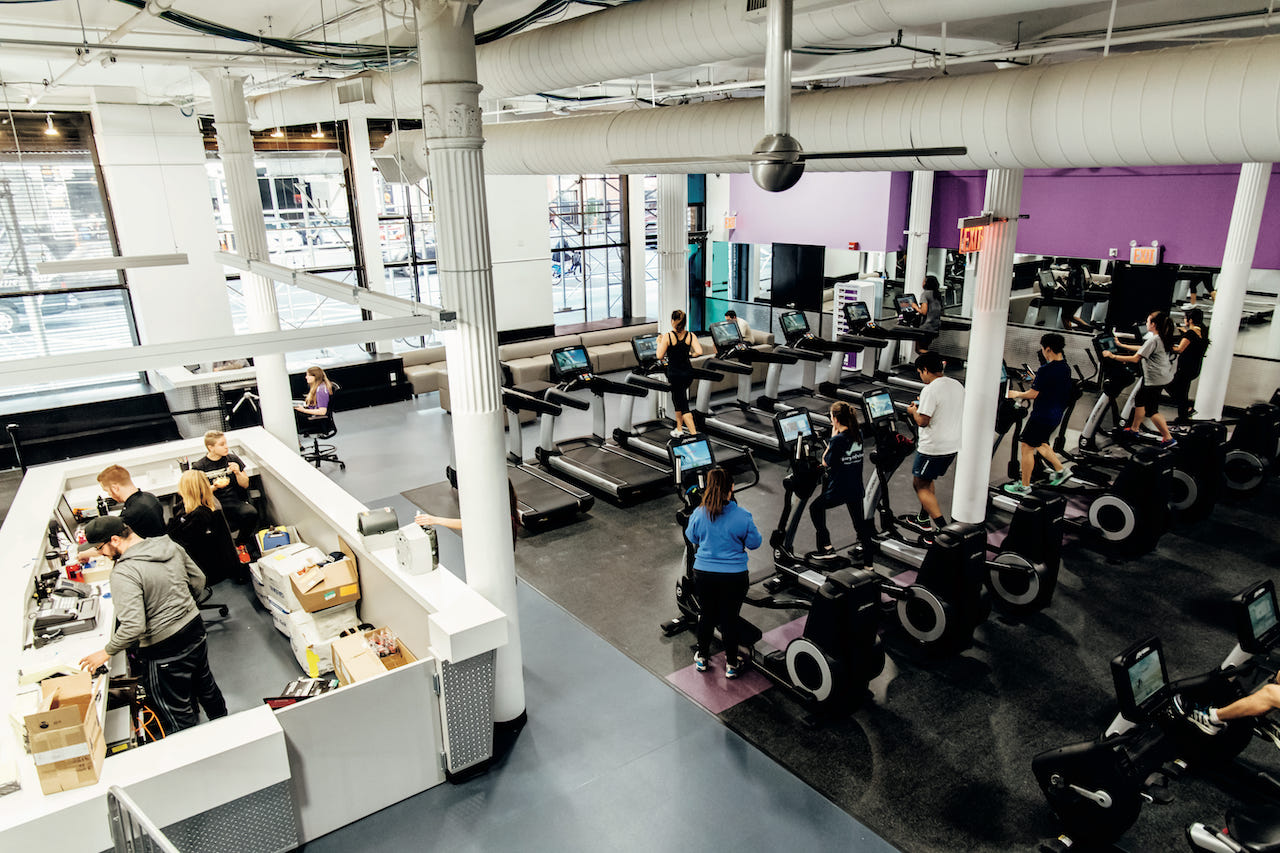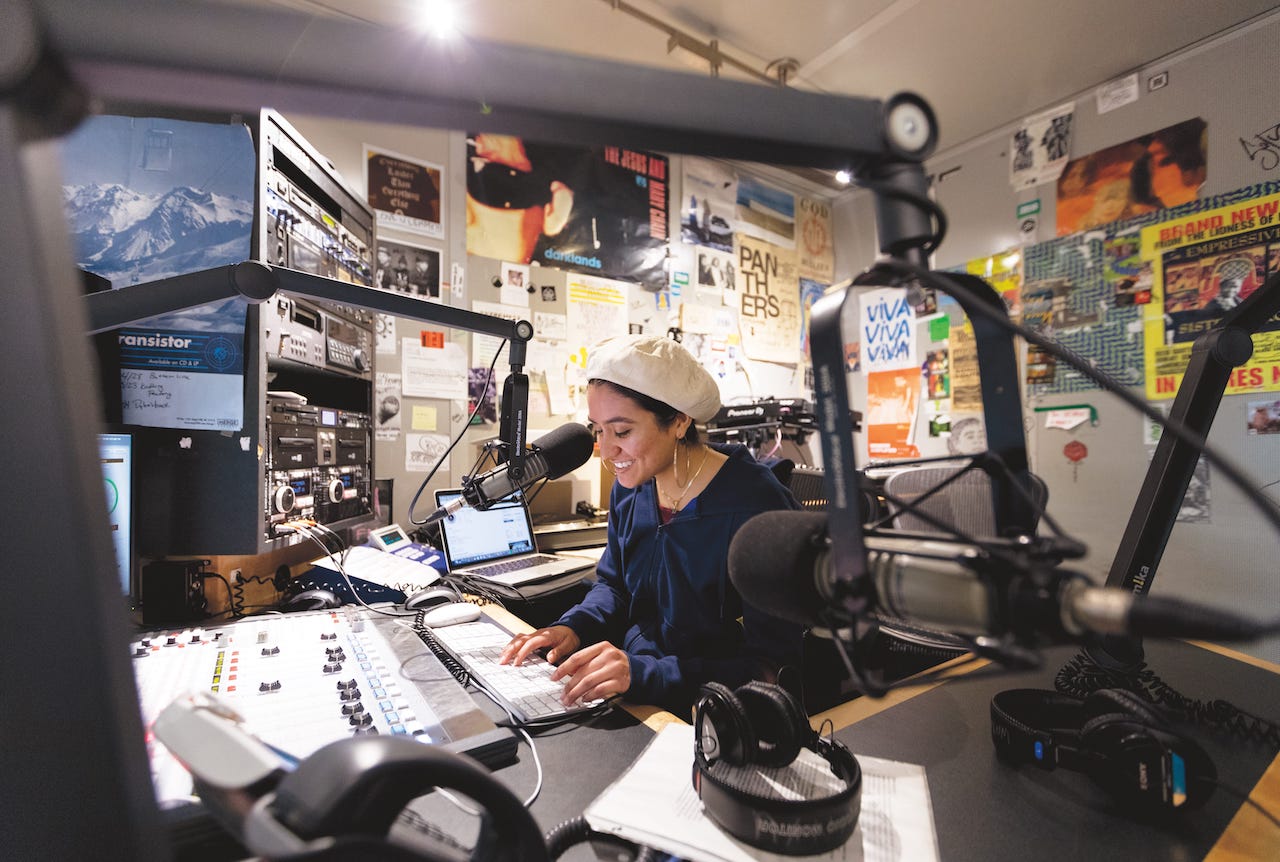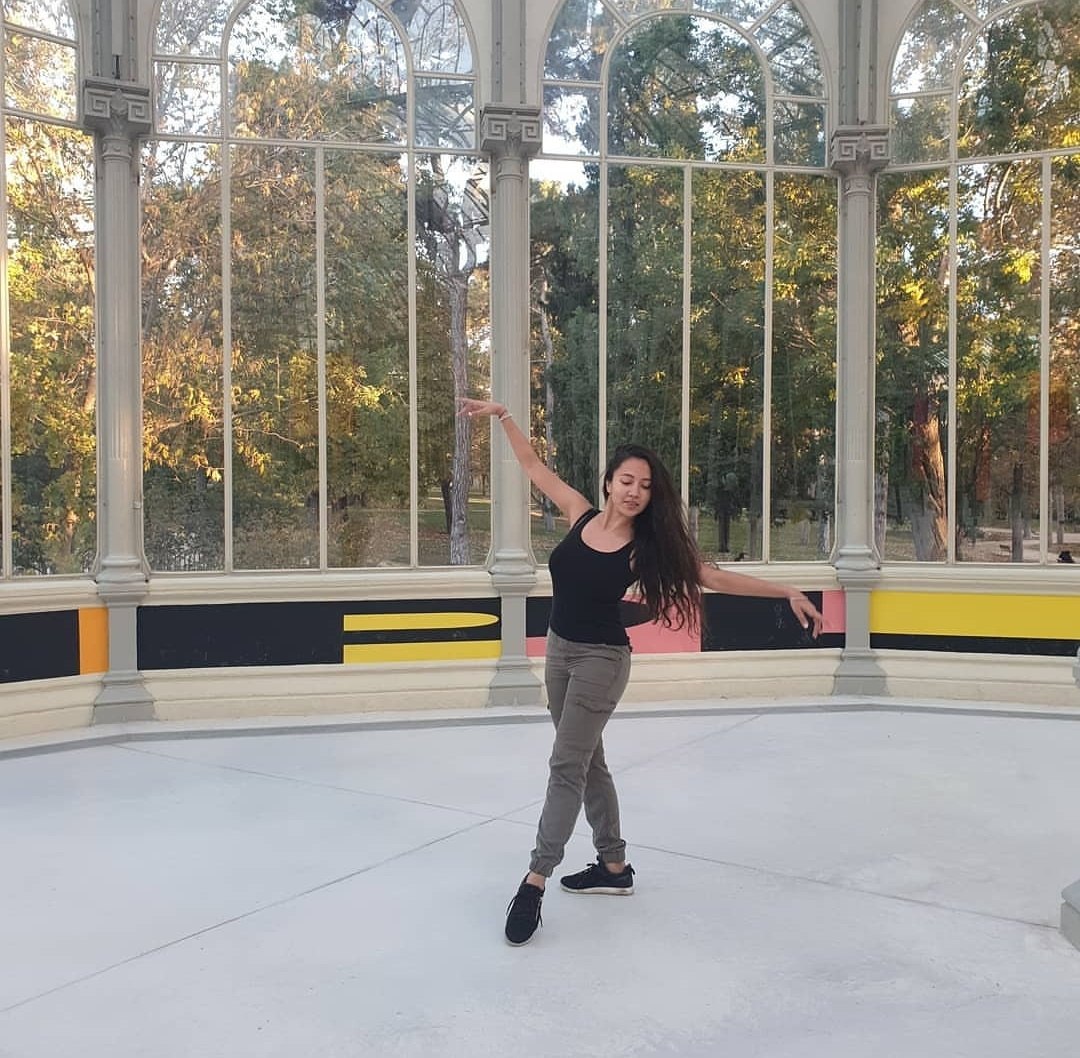Published June 12, 2019
LOOP: Coding for a Cause
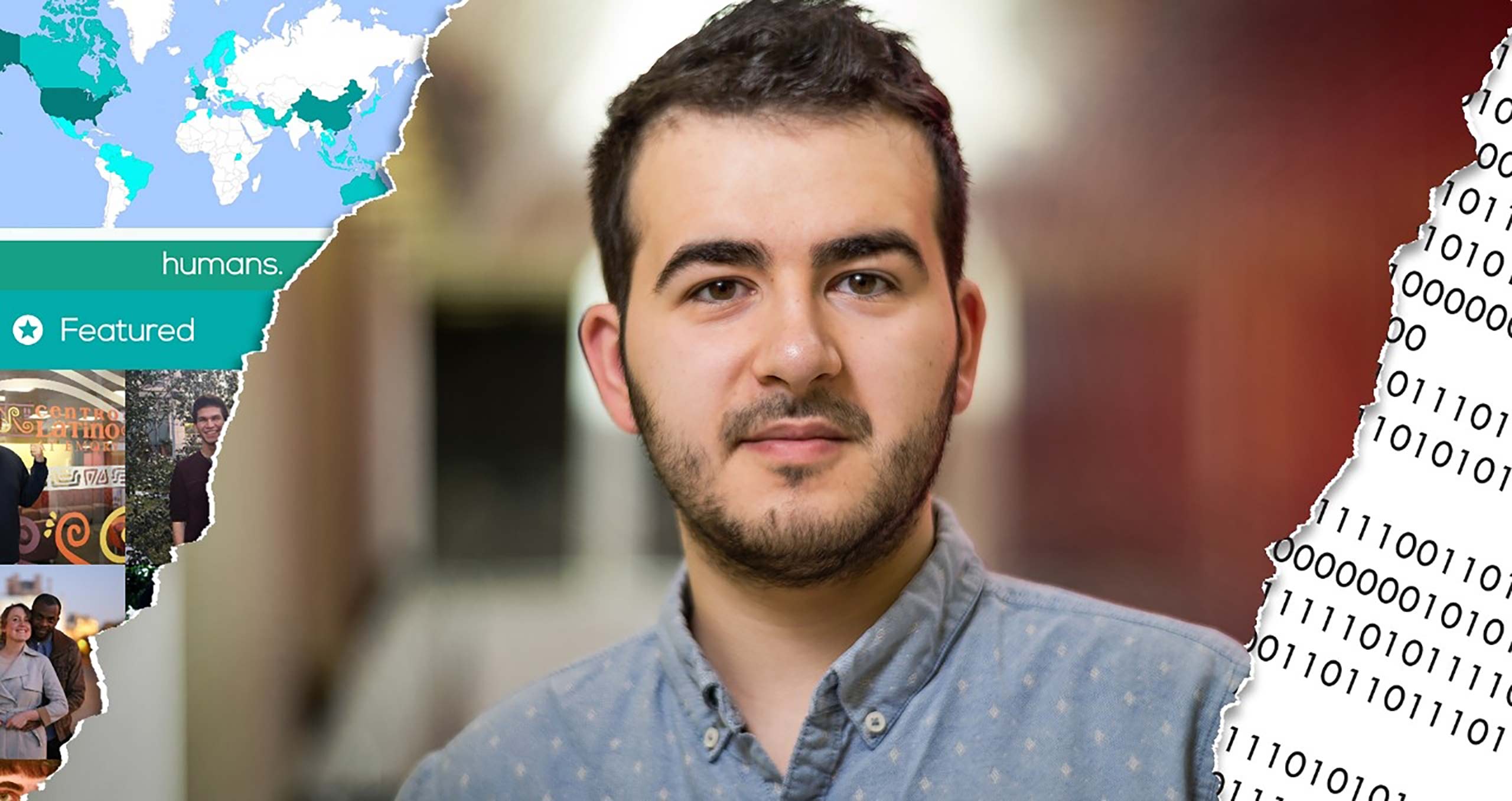
Computer Science major Alexandru Grigoras is known by his NYU Shanghai classmates as their school’s most brilliant coder. But the senior from Romania doesn’t limit his talents to his own work: He has spent his college career spearheading endeavors that give those around him opportunities to bring the projects they imagine to life through code.
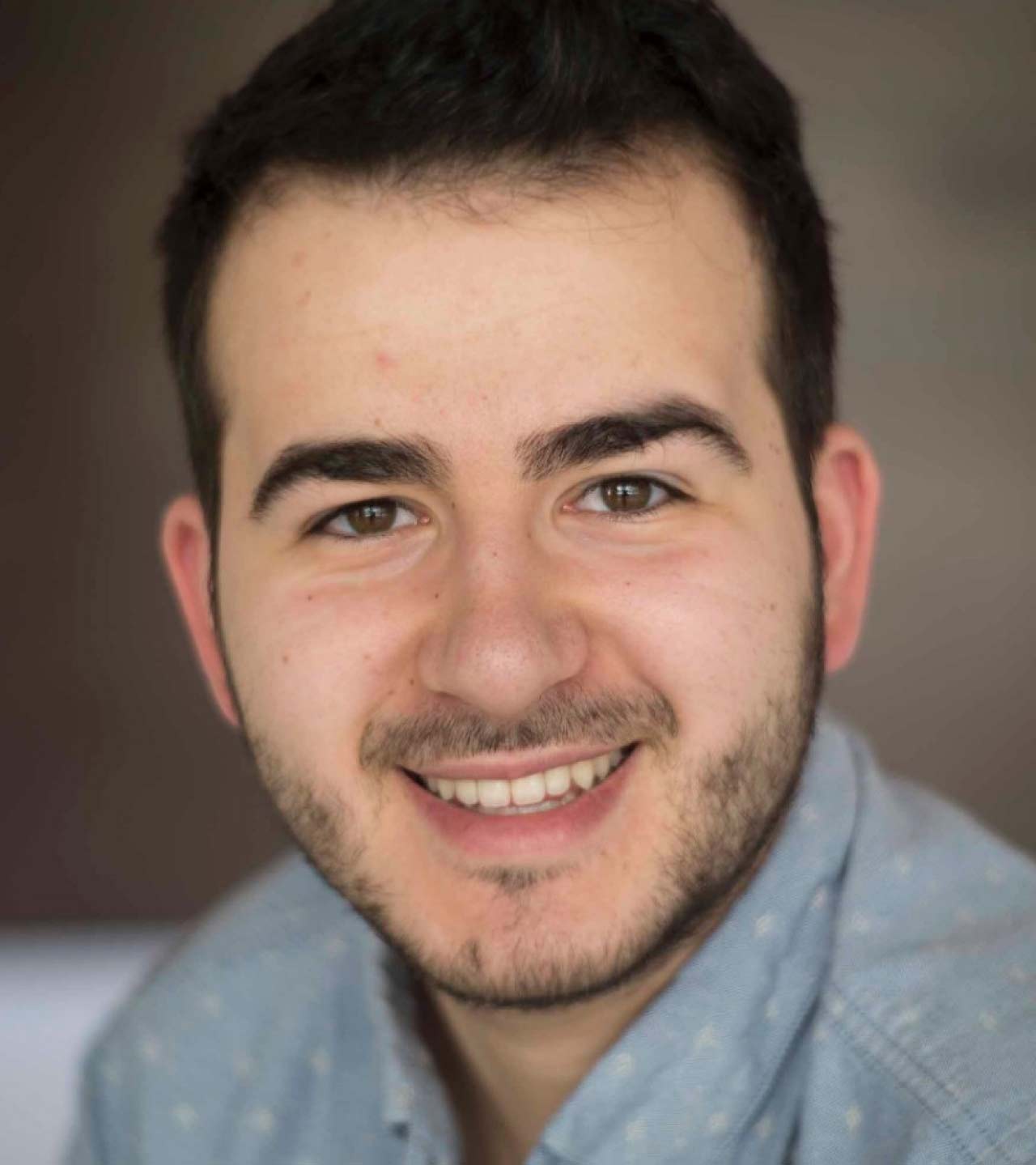
Alex wants other NYU Shanghai students, including non-Computer Science majors, to have the chance to learn the coding skills to realize their ideas. To that end, he teamed up with his classmate Tristan Armitage, an Interactive Media Arts major, to cofound the student programming club LOOP. “Programming is becoming an increasingly necessary skill, with applications spanning every single field one could think of,” says Alex. “We built this club with a mission to show people that writing code is actually exciting, fun, and not so difficult.” Tristan adds, “We’ve structured LOOP specifically so that people who don’t know much about coding can still participate. We focus the meetings around particular topics, so if you’re interested in virtual reality, you can come that week. Or maybe you want to learn about web servers, so then you can come for that.”
LOOP’s members have very different academic interests: some are Neuroscience majors who want to learn new technologies to use in their research; others are Humanities majors who’d like to build their own games. But all come to learn how they can enhance their work through coding. Alex says, “One student, who wrote her very first line of code at LOOP, has already published a game—and our only merit, really, was to inspire her and set her on the right track. From then on, she embarked on her own path to success. And that is what we have always hoped to achieve with this club.”
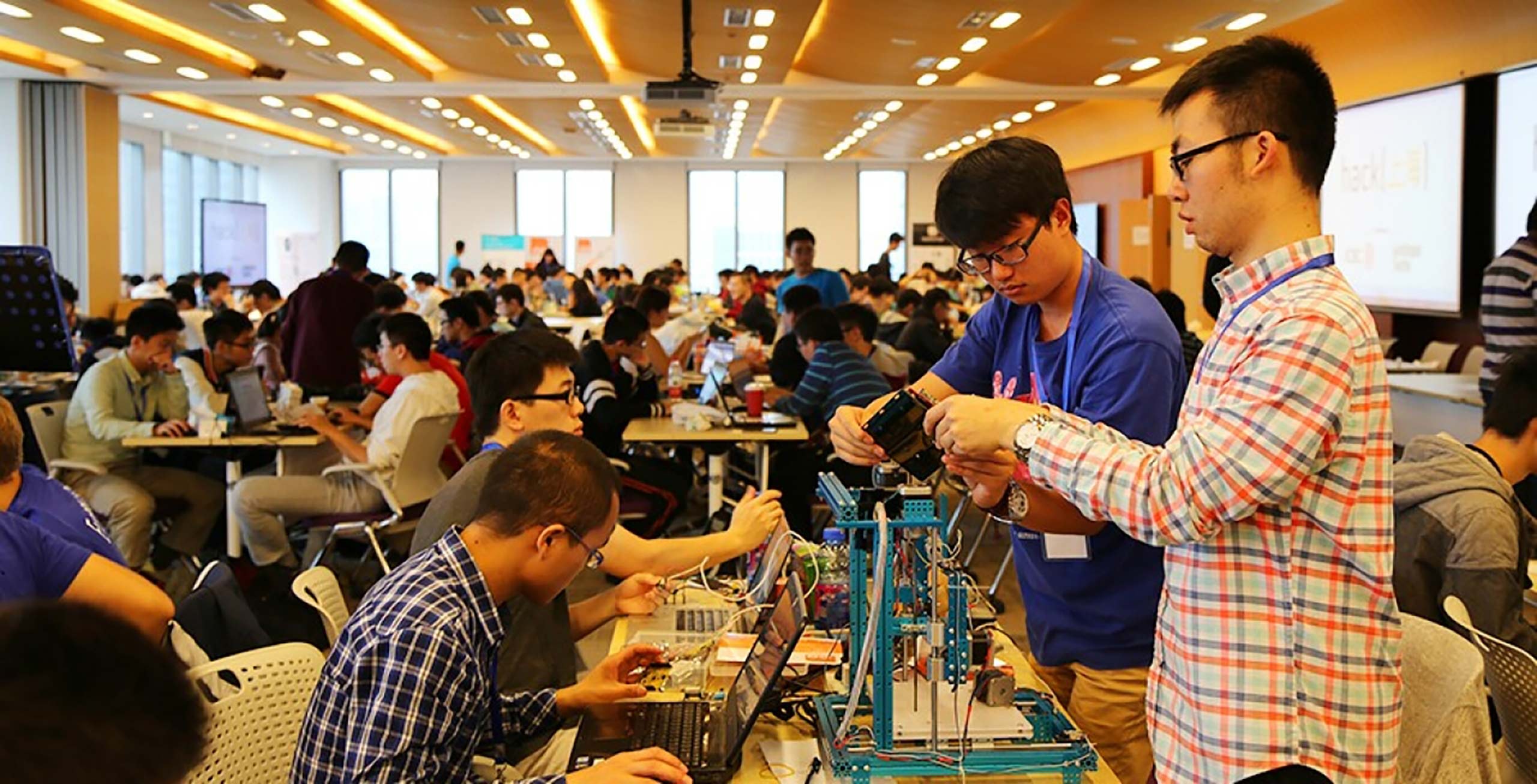
Alexandru has also set his sights on bringing together students beyond NYU Shanghai, giving them a venue to collaborate and practice their skills. He organized HackShanghai, the largest college hackathon in China. To achieve this goal, he recruited a team of 15 students and over several months, they worked with school officials, sponsors from dozens of companies large and small, and students from all over the world to organize the event. Alex explains, “We wanted participants to be able to come to NYU Shanghai and team up with other amazing students so that they could make their ideas come true.”
Alex and his team chose 250 of the best programmers, designers, and business students from universities around the world—from Harvard to Tsinghua—to come to China for the 24-hour hackathon. They raised over $30,000 for the event and were even able to cover much of the travel costs for students to participate. An added bonus was that students networked with executives from top software companies and promising tech start-ups, resulting in many of them receiving offers for jobs and internships. “HackShanghai achieved more than we could have ever imagined,” says Alex. “It created an opportunity that is unique in China and gave hundreds of students the chance to be imaginative and use their skills in ways they’d never have a chance to otherwise.”
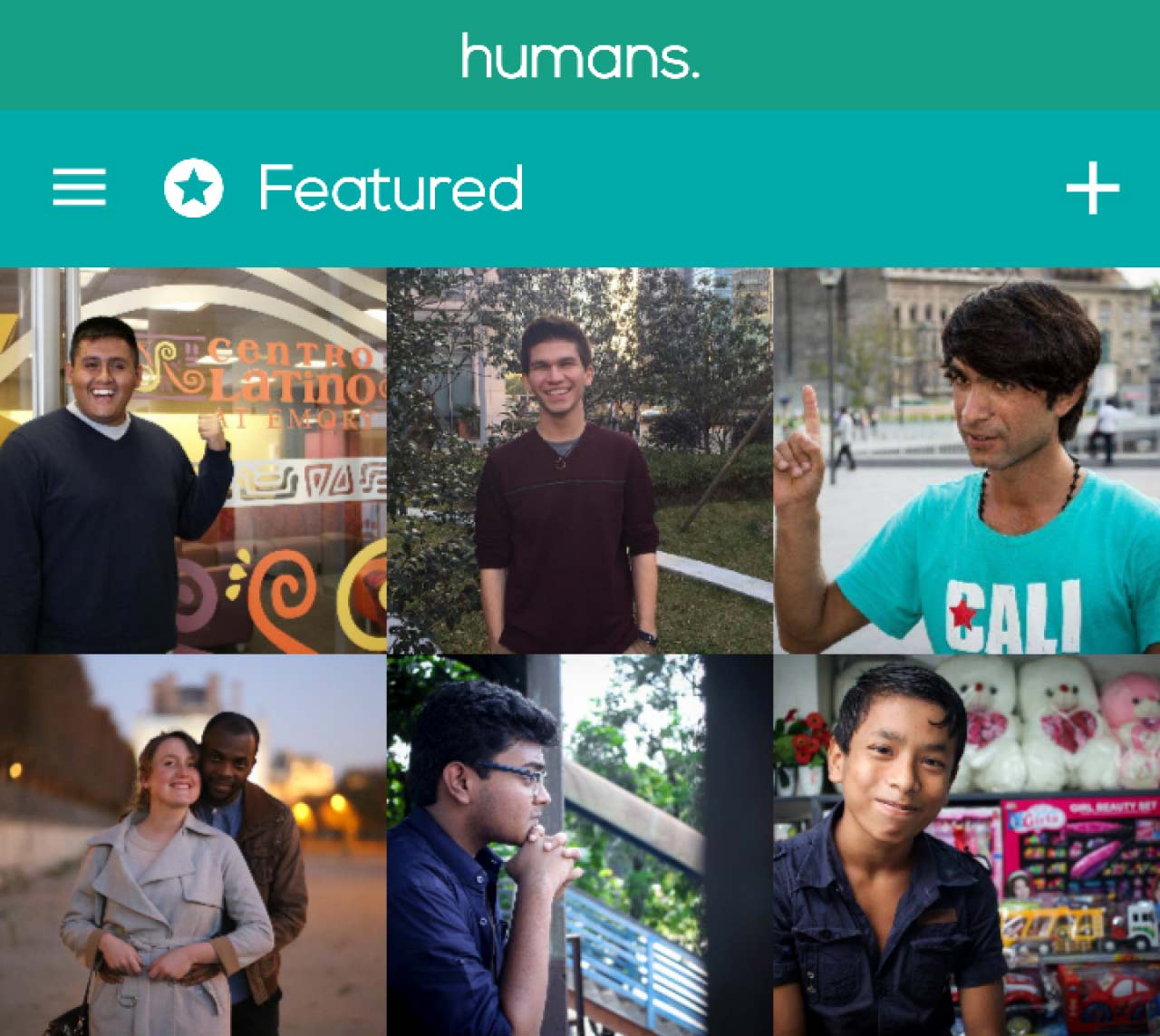
Another way Alex has opened up possibilities for people to share their creativity is with a project called humans., a digital street portraiture app that transcends geographic boundaries and captures the human experience across cultures. When Neuroscience major Musa Malik came up with the idea for the platform, his computer science professor, Keith Ross, knew exactly whom to introduce him to. Alexandru and Musa immediately hit it off. “Musa had a vision: He wanted to give every person with a smartphone the power to take a picture of another human being and then share their story with the world,” says Alex. “With the right tools, we thought we could enable people from all corners of the earth to tell their stories. By seeing the humanity in other people, we’d be more willing to transcend our own prejudices, giving millions unique insights into the lives of strangers they will never meet.”
Alex and Musa named the platform humans., a nod to Brandon Stanton’s Humans of New York, a photography project and book, and for nearly a year, the two worked tirelessly to make it a reality, with Alex singlehandedly writing all the code. Alex says, “Seeing Musa’s passion and his certainty that such an app could succeed in bringing the world together compelled me to do my best to come up with innovative ways to code and design it.”
Professor Ross continued to support them with advice, and they even enlisted the efforts of other NYU Shanghai students, many of whom are now avid contributors to the humans. platform. Alex explains, “Many of them were inspired by the idea behind the app, and so they helped us with constant feedback, served as beta testers for new features, helped us identify and fix bugs, and created the beautiful content that is now showcased on the platform.” Today, anyone, anywhere can contribute to humans., or merely be an onlooker. The posts, which consist of a picture and a quote, each tell a person’s unique story—but when taken together, give insight into the common experiences we all share.
